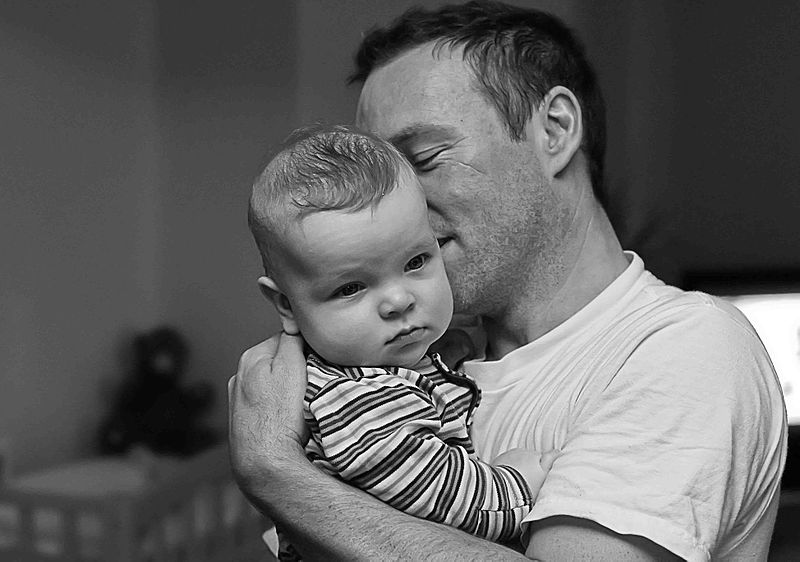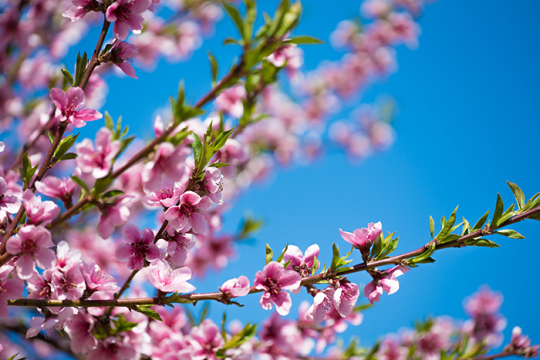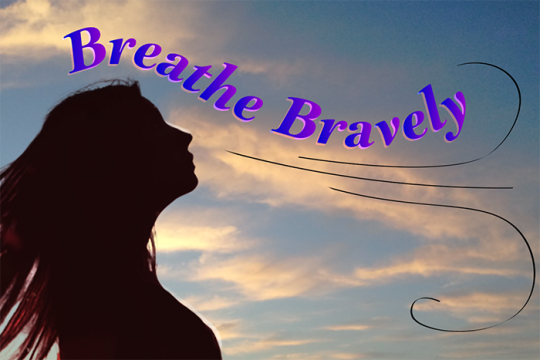
Each Father's Day, I reflect on my father, now deceased, and my relationship with him, and his relationship with me. I also reflect on the men who have become father figures to me, not so much in place of my father, but as wonderful supplements who continue to provide the love, support, guidance, and wisdom I need and yearn for in a father or father figure, even as a middle-aged man.
My father was an imperfect man. But so what, and who isn't. My father was, however, perfect in at least one area, and that was in providing me with unconditional love, a love I still feel and relish today, long after his physical passing. So long as I was happy, my father was happy for me. What a blessing.
Even before my father's passing, and increasingly since, various men have assumed a fatherly role in my life. Some are related to me by blood, some by longstanding familiar relationships, some through friendship, and some for only moments in time through happenstance. Each of these father figures has been essential to my continued well-being, and each has contributed to the making of the man that I am today. Also a blessing.
Our tradition commands us to honor our father. I accept a more expansive commandment – to honor all men, however denominated, who have served and who continue to serve in a fatherly role in support of me.
The concept of fatherhood has expanded greatly over the years. Beyond biological fathers, we have adoptive fathers, stepfathers, surrogate fathers, godfathers, and foster fathers. Often, grandfathers become the central father figure in a child's life. Many men assume a fatherly role for children who might not otherwise have an adult male presence in their lives. And in our ever-changing and evolving world, it is not uncommon for women, gender expansive people, and people of other genders to assume the "fatherly" role in a child's life. Fatherhood is no longer defined solely by biology and/or the law, and all fatherly relationships are equally worthy of acknowledgment and celebration.
Within our tradition, we often reflect on l'dor vador, from generation to generation. We often speak in terms of "passing down" or "passing on" our traditions. But as Father's Day approaches, I think in terms of the mutuality of the relationship between generations, and the mutuality in the fatherly relationships we create. What better way for fathers to honor their own fathers on Father's Day than to celebrate their children while their children honor them? What might seemingly be a unilateral celebration is rather, in fact, a mutual obligation.
So far, I have assumed (wrongly) that we all have nurturing father-child relationships or affirming father figures in our lives worthy of celebration. We know this is not the case far too often. Since Jewish tradition already embraces multiple dates for marking the New Year, perhaps Father's Day can be added as an additional marking point, with the hope and promise of a fresh start or a second chance at building upon one of the most precious relationships we know.
And to all of the fathers and father figures, I say not only kol hakavod (with respect, good job), but also, allow yourselves to embrace your imperfections. You are under tremendous pressure from so many angles and quarters. It is not easy being a "man" today, let alone a "father." Expectations are changing, often without you even knowing about it. But with any luck, and a little blessing, you will embrace the honor bestowed upon you by your children and those who love you, and you will freely and mutually return the honor.
On this Father's Day, may we all be blessed with the wisdom and insight to acknowledge and to value the healthy relationships we have, and to mend or re-create the relationships we seek. Father's Day is a day when we reflect on the memories, celebrate the moment, and dream of the future. May we do this individually with our families, and collectively as a Reform Movement and as a Jewish People.
This essay was first published in 2014.
Related Posts

Melding Tradition and Innovation: Our Interfaith Toddler Naming Ceremony

Nine Spring-Inspired Hebrew Names

